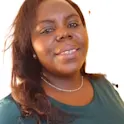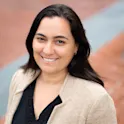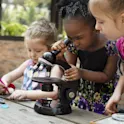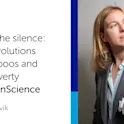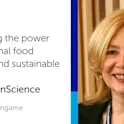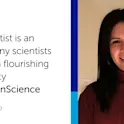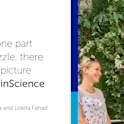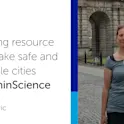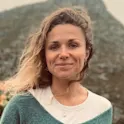
Frontiers news
19 Jun 2024
Mia Strand - A spotlight on arts-based research towards equitable oceans
Dr Mia Strand is a postdoctoral research fellow with Ocean Nexus, a research institute which conducts ocean equity research, and is based at the Institute for Coastal and Marine Research at Nelson Mandela University in South Africa. She is also a co-investigator on the international research program One Ocean Hub, based out of Strathclyde University in Scotland. Her research focuses specifically on equity in knowledge co-production processes, ocean literacies, and children’s rights to a healthy ocean, and centers around arts-based research methods, such as photo stories and storytelling. Representing South Africa, Mia is one of the 23 National Champions in line for the 2024 Frontiers Planet Prize. Our oceans are currently in a state of emergency with ocean heat at record levels causing events such as ocean acidification and coral bleaching. Maintaining the health of our oceans is key to ensuring that we do not cross the limits of the nine planetary boundaries. In line with World Ocean Day and SDG14 (Life Below Water), we spoke to Mia about changing the way we develop and promote ocean knowledge and ocean literacies, and how arts-based methods can bridge the gap between traditional sciences and local knowledge systems.



